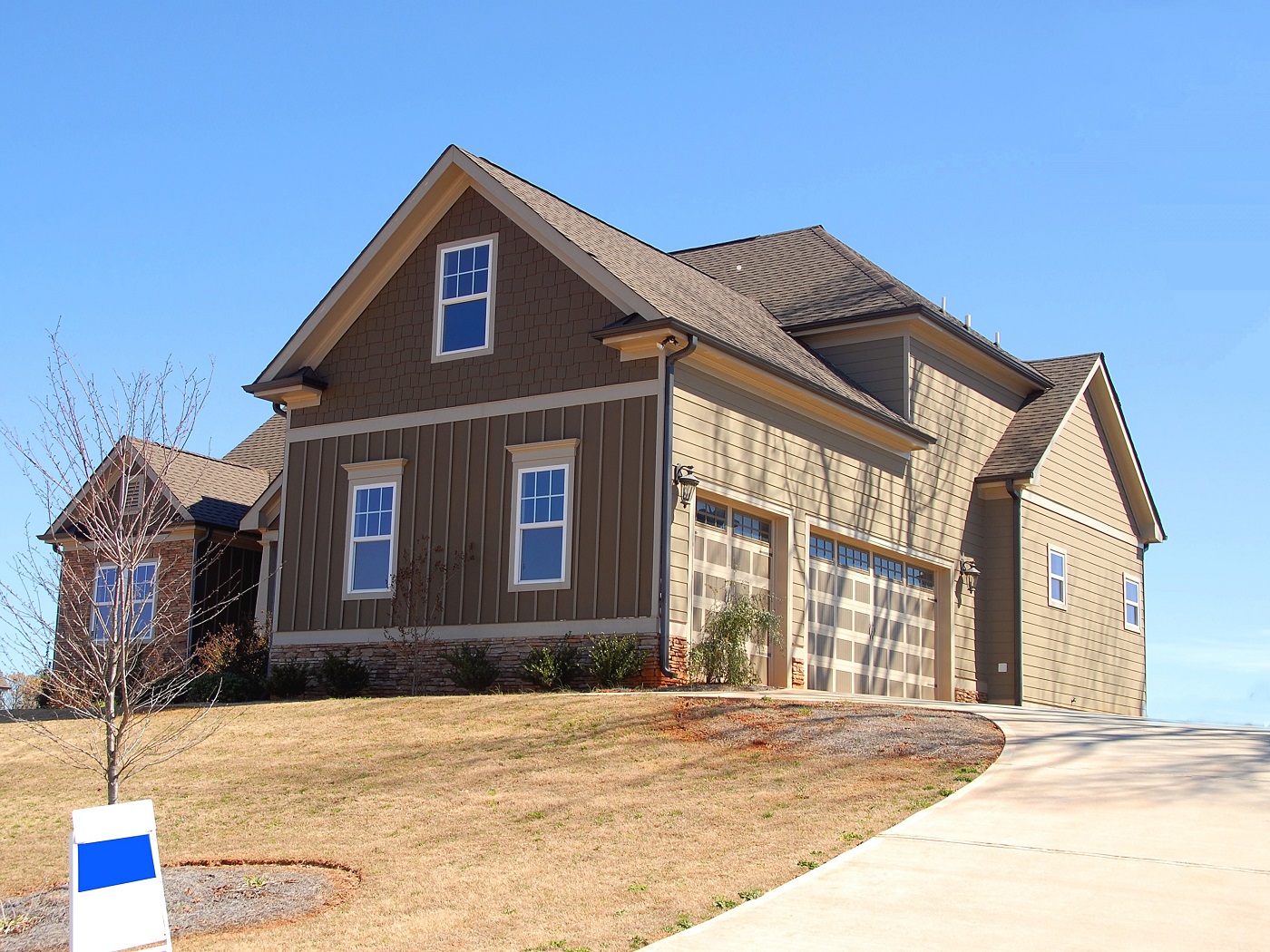
What happens when a unit is in collections and then upon a title search, we determine there is no mortgage on the property?
This is a common situation when the property was bought a long time ago, and the debtor recently fell on hard times or the debtor is a relative that inherited the unit from the deceased owner. Although the mortgage is paid, the debtor cannot pay their monthly maintenance fees.
The Association will most likely proceed with its collection efforts whether it be through a foreclosure against the debtor’s property or through a money judgment action against the debtor personally. A foreclosure’s end goal is to get to a sheriff sale, and likewise if there are no assets to collect on an outstanding money judgment, the end goal would also be a sheriff sale.
So, we are at the sheriff sale stage now, and there is no mortgage on the property! Before we actually go to the sheriff sale, we would advise the Association of all that needs to be taken into consideration to make an informed decision.
First, we would obtain a full title search to determine all docketed judgments, liens, and any tax sale certificates. If there are various judgments and liens on the property, and the Association is not interested in obtaining clear title, then the Association could bid at the sheriff sale the current amount owed. If a third-party purchaser successfully bids on the property, then the Association will be made completely whole. However, if no one bids, and the unit reverts to the Association, the Association can rent the unit until the holder of that lien or docketed judgment forecloses on the property. This can take a very long time, especially if the lien holder has not instituted any foreclosure action yet.
If there are docketed judgments and liens on the property, and the Association is interested in obtaining clear title, any judgment that is docketed, and any outstanding lien would have to be satisfied in order for the Association to gain clear title. If the unit is worth substantially more than the amount of the liens, or docketed judgments, satisfying those liens/judgments might be a good option for the Association since the Association can possibly become the outright owner, and will be able to sell the unit at the fair market value, reaping a substantial sum!
A cost/benefit analysis would have to be undertaken to determine whether it is in the Association’s best interest to gain clear title. Whether the Association is interested in obtaining clear title or not, the Association can potentially reap a lot of money by taking a unit without a mortgage to sheriff sale. The Association can either be made whole by being paid by a third-party purchaser or the Association can rent the unit pending the lien holder’s foreclosure action. If the Association becomes the outright owner, the Association can sell the unit at fair market value and reap the entire amount the unit is worth.







